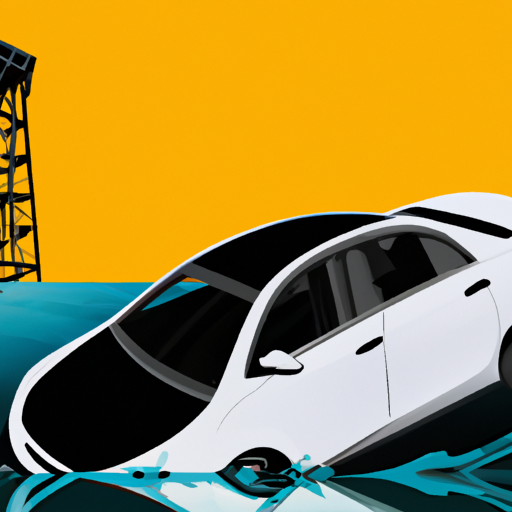This week has brought mixed news for fossil energy stakeholders. While OPEC has warned of an impending investment gap in oil production, Factorial Energy, a US startup, has achieved another milestone in the development of its solid-state EV battery.
Despite ongoing investments in oilfields worldwide, with global upstream investments in oil and gas projected to reach their highest levels since 2015, according to the International Energy Agency, OPEC has expressed concerns over any slowdown in investment, emphasizing the potential risks to the global economy.
However, the petrochemical sector’s growth continues to support oil demand, with transportation showing signs of decline in the coming years due to the expansion of electric vehicles and improving fuel economy, as reported by the IEA.
The Promise of Solid-state EV Battery Technology
Factorial Energy’s solid-state EV battery has garnered attention as a high-performance alternative to conventional lithium-ion batteries used in electric vehicles. Solid-state batteries offer advantages in terms of enhanced safety, increased driving range, and shorter charging times.
Overcoming the challenges associated with solid-state battery technology has been a key focus for researchers. Unlike traditional liquid electrolytes, solid electrolytes made of materials such as glass or ceramic can effectively conduct charged particles while offering improved stability.
The potential of solid-state batteries to increase the adoption of electric vehicles by addressing range anxiety and charging time concerns has attracted automotive partners. Factorial Energy has successfully delivered samples of its 100+Ah lithium-metal battery cells to these partners, marking a significant step towards commercial production.
Environmental Considerations and the Future of Electric Vehicle Technology
While solid-state EV batteries offer numerous advantages, sustainability remains a consideration. The lithium supply chain is a particular concern, with potential environmental impacts related to increased lithium demand for solid-state batteries. Sustainable mining practices and alternative sources of lithium, such as geothermal lithium projects, are emerging as solutions.
As the automotive industry responds to consumer demand for sustainable materials, stakeholders are exploring bio-based car parts and more environmentally friendly tire materials. However, the role of petrochemicals in the automotive supply chain remains significant, and addressing this aspect is crucial for a comprehensive transition away from fossil fuels.
As Factorial Energy continues to make progress in solid-state EV battery technology, it offers hope for a future where electric vehicles become the norm, reducing the dependency on oil and advancing sustainability goals. Nonetheless, addressing broader environmental challenges and promoting a holistic approach to sustainable transportation remains essential.
























